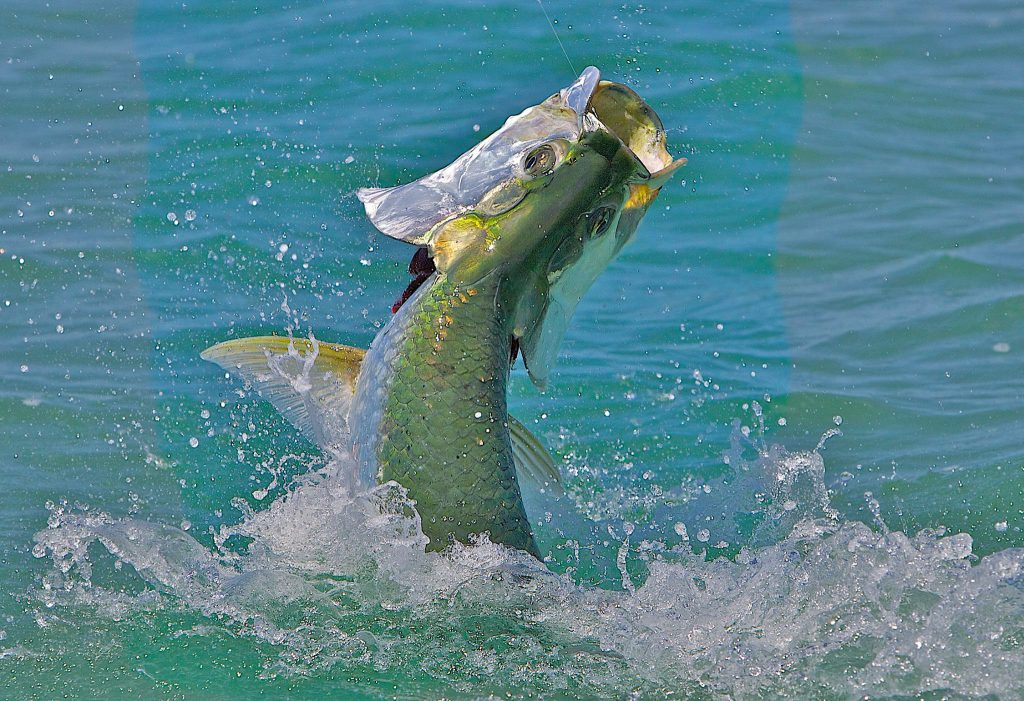Dear Representative:
We write to share our grave concern about the proposed opening of US offshore waters to oil drilling. We fear that such activities will negatively impact economically important recreational fisheries throughout the southeastern and Gulf of Mexico coasts.
Bonefish & Tarpon Trust is a member-supported, science-based, non-profit organization dedicated to the conservation of economically important recreational fisheries for bonefish, tarpon and permit. Our efforts to conserve the habitats of these species also benefit many other nearshore species, including snook. We foster effective conservation and management by supporting and conducting scientific research to inform the decisions of policymakers. Indeed, our data on associations between fish and habitats are applicable to many coastal species and fisheries.
Our primary concern in the proposed offshore drilling for oil relates to its impacts on Atlantic tarpon, which support economically important recreational fisheries. Recent genetic research revealed that the fishery depends on a single, large tarpon population, which migrates seasonally across the Gulf of Mexico and as far north as the Chesapeake Bay on the Atlantic coast. Tarpon are part of a flats fishery in the Florida Keys with an annual economic impact exceeding $465 million, and nearly $1 billion in the Everglades. The annual economic impact of the recreational tarpon fishery near Boca Grande, FL (the Tarpon Capital of the World) exceeds $110 million. The fishery is growing in Louisiana and Texas and has gained a foothold with anglers in Georgia and the Carolinas.
The tarpon life cycle makes them especially vulnerable to the negative effects of oil drilling. Adult tarpon seasonally migrate across a vast area that would be opened to oil drilling leases. During summer, tarpon spawn in offshore waters. Indeed, research shows that tarpon spawn near the site of the Deepwater Horizon oil spill. Activities associated with offshore drilling – the sonic testing during the search for oil, the act of drilling, the rigs, and the transportation tankers – all release toxic chemicals and leak oil that are threats to migrating and spawning tarpon. The process of drilling alone releases thousands of gallons of polluted water, and high concentrations of metals found around drilling platforms accumulate in fish, mussels and other organisms, like forage fish. At the same time, juvenile tarpon depend upon coastal saltwater marshes. The long-term, devastating impacts of oil spills on coastal marshes are well documented, with effects continuing for decades.
Given these very real potential impacts of oil drilling to tarpon and the fishery they support, it is essential that the most recent scientific data are incorporated into any decisions regarding offshore drilling, and that deliberations include the likely impacts of drilling on the health of coastal communities and their sustainable resource-based economies, including recreational fishing. Any decision to allow leases for such drilling should be accompanied by rigorous standards and regulations to avoid devastating consequences, whether in proximity to drilling operations or across a broad region via ocean currents.
Conserving valuable habitats and existing fisheries must be a paramount consideration in the development of any offshore oil and gas leasing program. Absent clear demonstration, by the presentation of clear and convincing scientific evidence, that leasing and related downstream impacts will do no harm to our fisheries, proceeding with a leasing program is an unjustified risk.
Sincerely,
Jim McDuffie
President, Bonefish & Tarpon Trust
(pc: Pat Ford)




